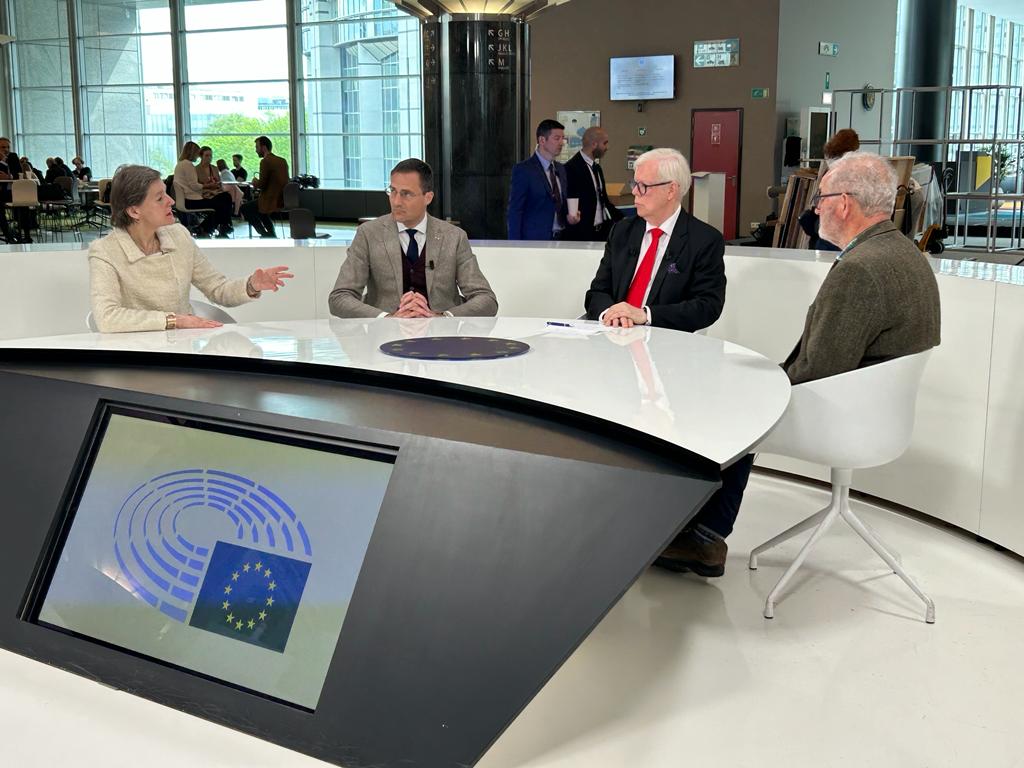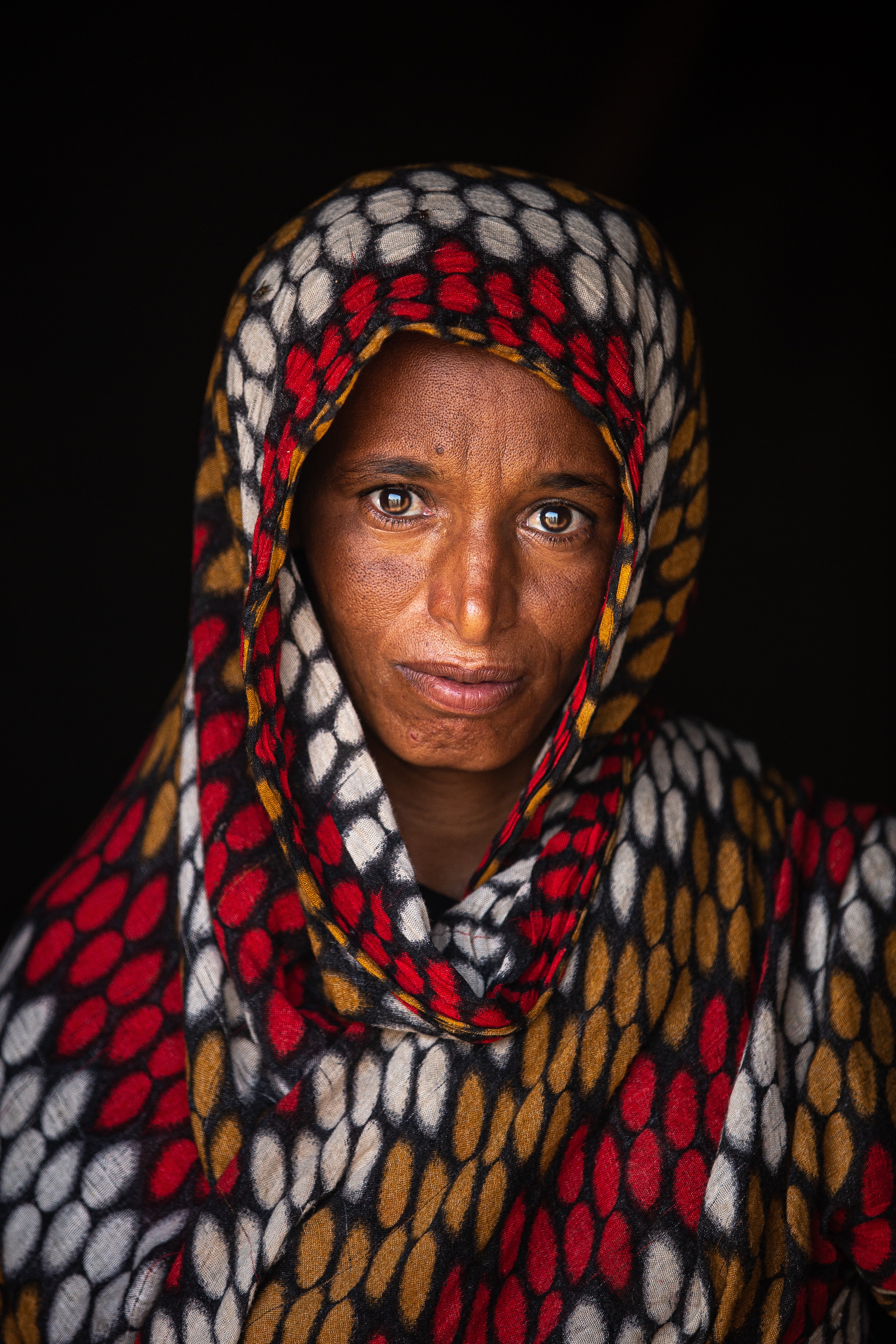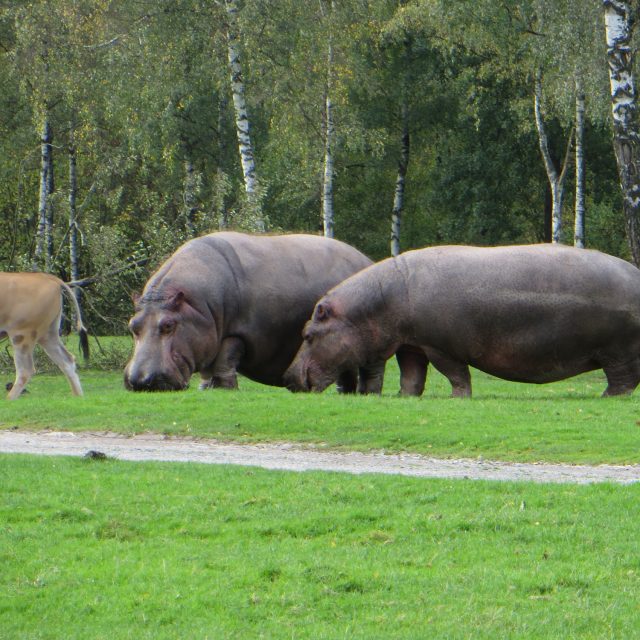Photo by Abdulaziz Mohammed on Unsplash
Debate about the humanitarian and security situation in Sudan was held in the European Parliament in Brussels on 5th May. Anna van Densky, MEP Márton Gyöngyösia and James Wilson were interviewed by Bjorn Hultin.

Photo by Radouan Bachiri
This interview was first published in EUBriefs, and is reprinted here with the permission of the Editor.
For the past few weeks, Sudan has been experiencing new dark hours in its history. While for several months, the ruling powers had made every effort to build a transition to civilian government.
A new crisis erupted between the rival powers of President Al Buhrane, organizer of the 2021 putsch which brought the army to power and Mohamed Hamdan Daglo (Hamedti), vice-president and head of the Rapid Support Forces.
The army and the paramilitaries are vying for power in the country and civilians are suffering the violent consequences.
Civil war took the international community by surprise. Instead of political negotiations scheduled for 15 April, the 45 million Sudanese woke up to the sound of artillery and air raids.
Since the outbreak of this conflict, no less than a million people have been displaced.
“We can say that we failed to prevent” the war which took the UN “by surprise”, acknowledged its secretary general Antonio Guterres.
From now on, the truces announced are not respected and the people killed are counted in the hundreds.
To understand what has been going on for a few weeks on Sudanese soil, EUBriefs invited leading personalities for a debate in the European Parliament on Friday, 5th May.
Taking part in this debate were Márton GYÖNGYÖSI MEP, member of the Foreign Affairs Committee, Anna van Densky, journalist and James Wilson, editor-in-chief of EU Political Report.
The European Parliament debated on Tuesday 9th May with the Council and the Commission the humanitarian and security situation in Sudan, where clashes between the Sudanese Armed Forces (SAF) and the Rapid Support Forces (RSF) have been going on for almost three weeks, despite a series of temporary ceasefires.
MEPs are looking for ways to avoid an escalation of hostilities which could have far-reaching implications for the East African region.
Most European states have evacuated their nationals, and the EU has called on all actors to facilitate rapid and unhindered access for humanitarian organisations, in order to protect civilians and ensure the safety of aid workers.




